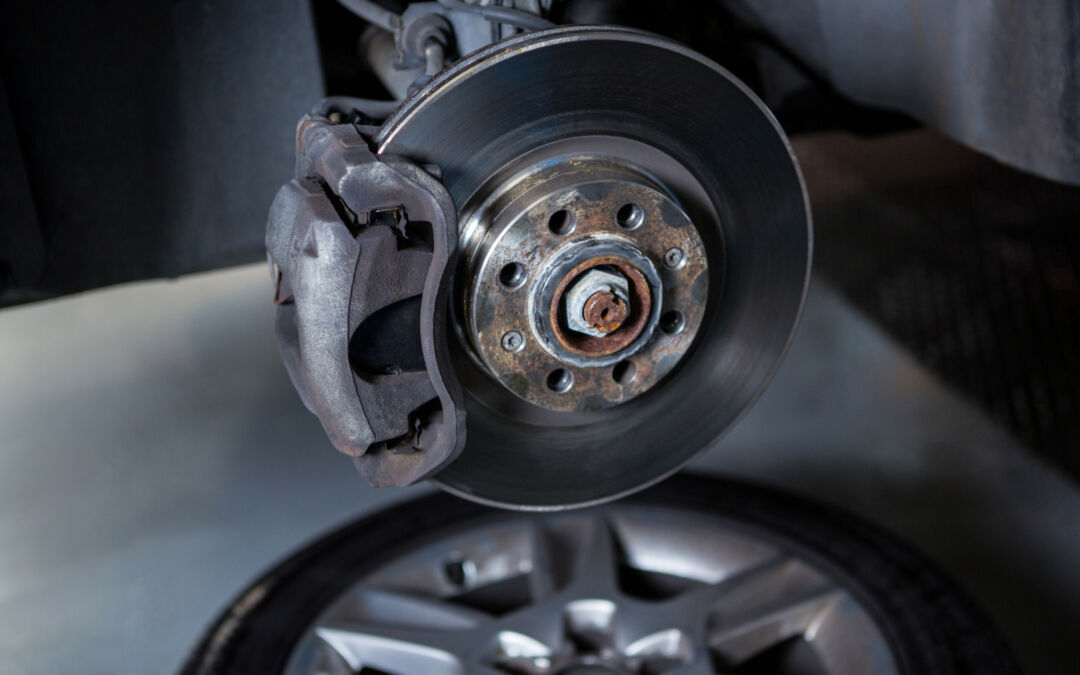Your brakes might not be something that crosses your mind often; however, your vehicle’s brakes are probably one of the most important parts that should be in perfect working condition at all times. Here are some warning signs that you need new brakes.
Look and Listen
There are two ways that you can reliably check on brake wear on your disc brakes: by looking and listening. First, check for wear by visually looking at your brake pads through the spaces between the wheel’s spokes. The outside pad will be pressed against a metal rotor. In general, there should be at least a ¼ inch of the pad on your brake. If you see less than that, you might need to have your brake pads inspected or replaced.
Have you heard a high-pitched screeching sound when applying your brakes? It is caused by a small metal shim known as an indicator, which gives you an audible warning that you need to replace your brakes. This sound is loud enough to be heard, and you should be aware that if you hear it regularly, you should make an appointment with your mechanic quickly.
Reduced Responsiveness or Fading
If your brakes are not as responsive as they used to be or if the pedal starts sinking lower to the floor, then this could mean that you have a leak in your braking system. This could either be an air leak or a brake fluid leak. One telling sign of a brake fluid leak is if your vehicle leaves a small puddle of fluid when it is parked. Brake fluid looks like fresh motor oil, but it has less of a slimy texture.
Pulling
If your vehicle starts to pull to one side when you brake, this could mean that your brake linings are wearing unevenly or there is some foreign matter in your brake fluid. Your vehicle might either need a brake adjustment or have its fluid completely drained and replaced.
Grinding
Hearing a loud metallic sound means that you have worn down your brake pads completely; most likely, things are now beyond a simple replacement. The grinding or growling sound that you hear is caused by two pieces of metal (disc and caliper) rubbing together. This can then scratch your rotors, which creates an uneven surface. Don’t be surprised that your rotors need to be turned or replaced if this occurs.
Vibration
Vibration or pulsating brake pedals are usually a symptom of warped rotors. The vibration might feel similar to the feedback in the brake pedal when you suddenly stop a vehicle equipped with anti-lock brakes.
Warped rotors are caused by severe braking for long periods of time, like when driving down a steep mountain or when towing. A huge amount of friction is created in these conditions, which heat up the rotors and cause them to end up warping. The vibration is felt because the brake pads cannot grab the surface evenly. If you continue to drive like this, be sure to only stop periodically to let your brakes cool off.



